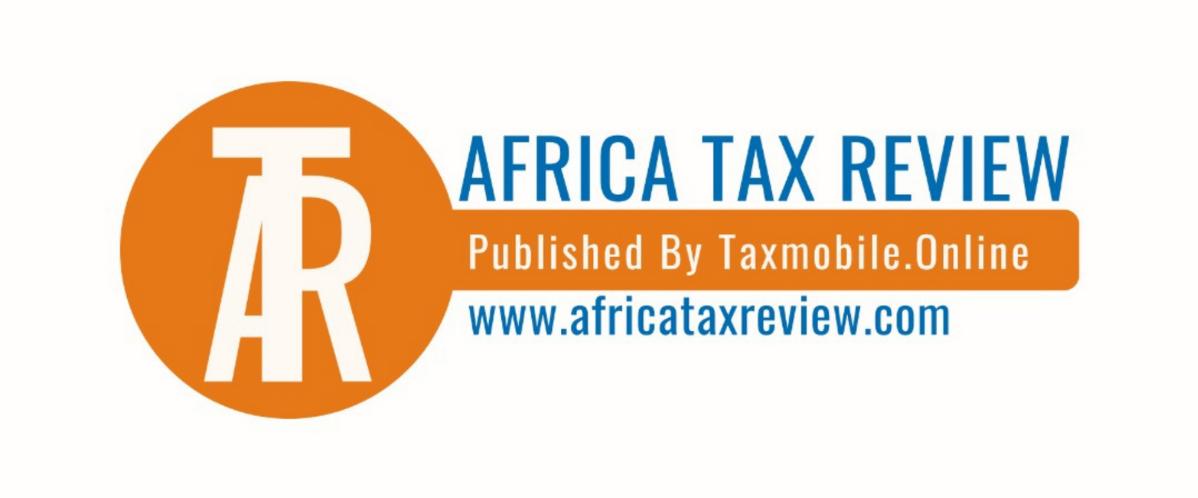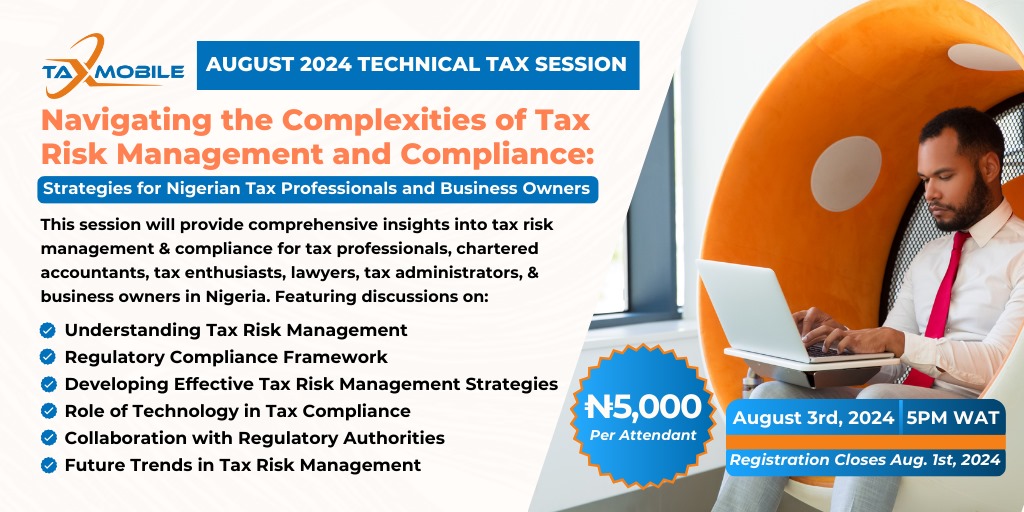
Tax Compliance in Nigeria: Introduction
Tax compliance is a critical aspect of Nigeria’s economic landscape, impacting revenue generation, public service delivery, and overall development. This newsletter explores the challenges faced by taxpayers and tax authorities in Nigeria and offers viable solutions to overcome these obstacles.
2. Challenges of Tax Compliance
2.1 Lack of Awareness and Education
Many taxpayers in Nigeria remain unaware of their tax obligations due to a lack of education and awareness programs. This hampers compliance efforts and contributes to inadvertent non-compliance. Initiatives aimed at improving taxpayer education and promoting awareness of tax laws are crucial to address this challenge.
2.2 Complexity and Ambiguity
The complexity and ambiguity of Nigeria’s tax laws create challenges for taxpayers in understanding and complying with regulations. Ambiguities provide opportunities for non-compliance, intentional or unintentional. Simplifying tax laws and providing clear guidelines can mitigate these challenges and enhance compliance rates.
2.3 Weak Enforcement
Effective enforcement of tax regulations is pivotal to ensuring compliance. However, limited resources, corruption, and bureaucratic inefficiencies have undermined enforcement efforts in Nigeria. Enhancing the capacity of tax authorities through training, improved technology, and streamlined processes can strengthen enforcement mechanisms and deter non-compliance.
2.4 Informal Economy
Nigeria’s informal economy poses significant challenges for tax compliance. With cash-based transactions and limited record-keeping, it becomes difficult to track income and enforce tax obligations. Encouraging formalization through incentives and simplified tax processes can help bring informal businesses into the tax net and improve compliance.
Solutions for a Compliant Tax System
3.1 Enhanced Taxpayer Education
Comprehensive and continuous taxpayer education programs are vital to promoting tax compliance. Collaborative efforts between the government, educational institutions, media outlets, and community organizations can disseminate information about tax obligations, benefits of compliance, and consequences of non-compliance.
3.2 Simplification and Transparency
Reforming and simplifying tax laws will reduce confusion and provide clarity to taxpayers. The government should adopt a user-friendly approach by using plain language and accessible formats to communicate tax regulations. An online portal for filing tax returns and accessing information can streamline the process and enhance transparency.
3.3 Strengthening Tax Administration
Investing in modern technology, such as data analytics and digital platforms, can improve tax administration in Nigeria. These tools enable the efficient processing of tax returns, identification of potential non-compliance, and effective audits. Comprehensive training programs for tax officials should be implemented to enhance their knowledge and skills in tax administration.
3.4 Incentives for Compliance
Implementing tax incentives can incentivize taxpayers to comply voluntarily. Rewards such as reduced tax rates, expedited processing, or other benefits can encourage a culture of tax compliance. Simultaneously, stricter penalties for non-compliance should be enforced to deter tax evasion and maintain fairness.
4. Conclusion
Overcoming the challenges of tax compliance in Nigeria requires a multi-faceted approach involving taxpayer education, simplification of regulations, strengthening tax administration, and implementing incentives for compliance. By fostering a culture of tax compliance, Nigeria can enhance revenue generation, support economic growth, and improve public service delivery. It is imperative for all stakeholders, including individuals, businesses, and government agencies, to collaborate and work towards a transparent and compliant tax system. By implementing the proposed solutions and addressing the identified challenges, Nigeria can pave the way for a more prosperous future.
See other articles from same Author
- Tax Audit Process by FIRS: A Comprehensive Case Study of XYZ Limited
- Transfer Pricing in Nigeria: A Comprehensive Overview
Olatunji is the founder Taxmobile.Online and Managing Partner/CEO of AOA Professional Services. Prior to this, Olatunji worked as Director, Tax & Regulatory Services at Nolands Nigeria Professional Services, Senior Manager -Tax, Regulatory & Advisory Services at Saffron Professional Services.
The information contained herein is general and is not intended, and should not be taken, as legal, accounting or tax advice provided by Taxmobile.Online Inc to the reader. This information remains strictly the opinion of Taxmobile.Online Inc.
The reader also is cautioned that this material may not apply to, or suitable for, the reader’s specific circumstances or needs, and may require consideration of other tax factors if any action is to be contemplated. The reader should contact his or her Tax Advisers before taking any action based on this information.
All rights reserved. No part of this document may be reproduced, retransmitted or otherwise redistributed in any form or by any means, electronic or mechanical, including by photocopying, facsimile transmission, recording, rekeying, or using any information storage and retrieval system, without written permission from Taxmobile.Online Inc.

